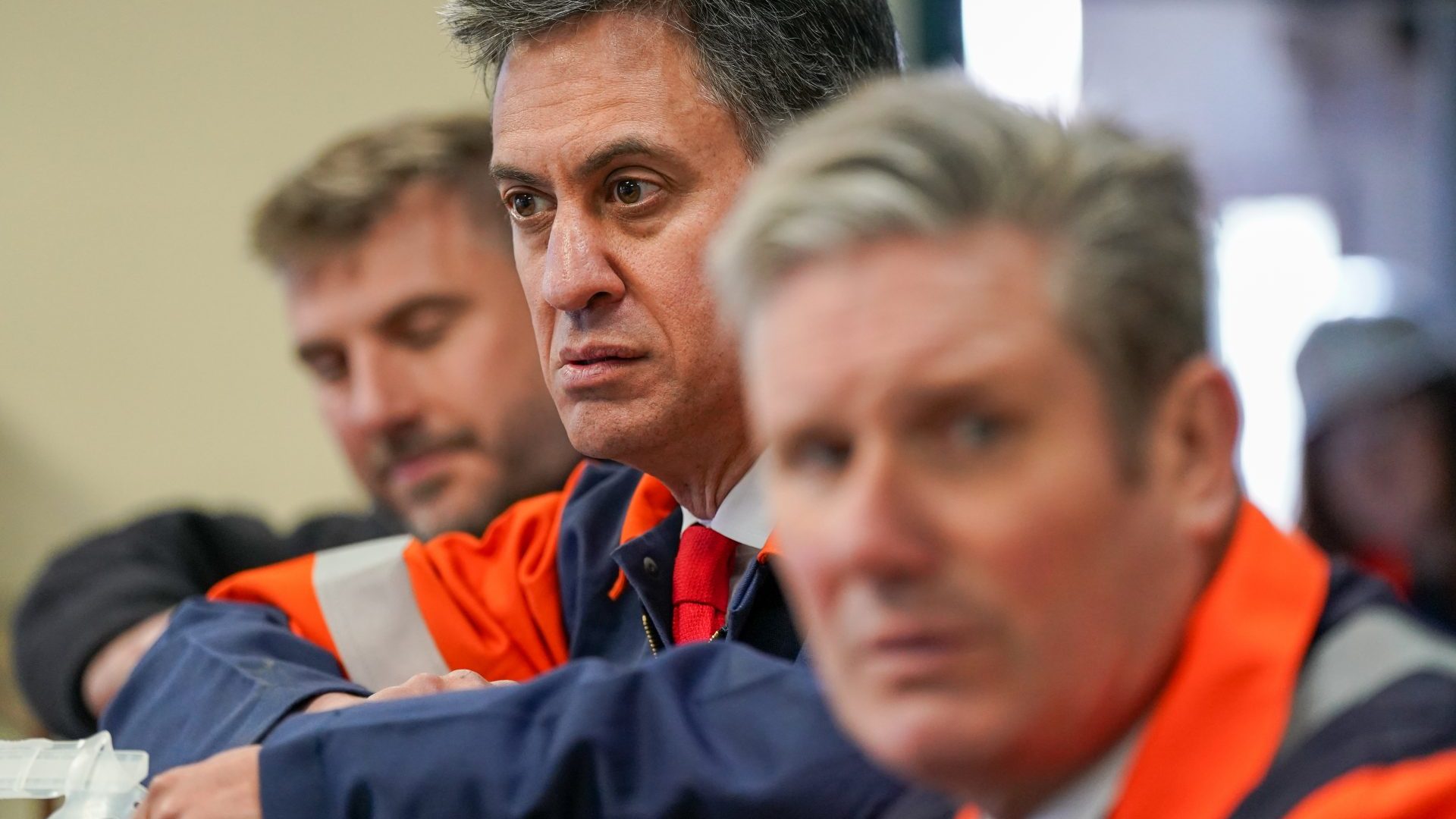After perhaps the longest drawn-out murder of a policy in modern political history, Labour’s best-known and second most popular policy is dead – or at least the £28 billion headline figure is.
Now, the party has to live with what it has done. The origins of nervousness about the policy came from the Uxbridge byelection, which came at a time of unusual tension over the ULEZ extension – which was imminent but hadn’t yet happened, a time rife for panic and misinformation.
Labour took two huge victories that night and came within hundreds of votes of taking Boris Johnson’s seats, but the defeatist camp took home a different message, and spread it across the media – Labour was underperforming (it wasn’t) and environmental policies were to blame.
That immediately put the £28 billion investment policy in the crosshairs, despite it having nothing to do with ULEZ and a lot to do with investing in new high-tech jobs in the UK. The bizarre twist in how the policy was assassinated is that the logic used to win the argument was that Conservative Campaign Headquarters (CCHQ) was attacking it.
Generally, it is a bad idea to let your opponent decide your political strategy. It is especially stupid to let your opponent’s attack lines dictate your strategy when you have evidence they definitely aren’t working – thanks not only to Labour’s commanding poll lead, but also specific testing on the polling lines.
It is downright moronic to let your opponent dictate your strategy, though, when it is this current Number 10, which in the last 48 hours alone managed to turn the prime minister’s apparently accidental insult to a grieving mother into a major news story, before sending him for a PR opportunity at an NHS dentist which is closed to new adult patients.
Labour HQ is apparently the last place that thinks all of this is political genius. Because CCHQ was attacking the policy, the policy should be dropped just in case, they said. The attacks don’t work now but they might start working later – so if we ditch the policy, the attacks can’t happen.
You might see the problem with this logic. Labour has now upped the salience of the issue while also telling the Conservatives the party is divided on its issue and the base is upset by the vacillation on it. The result will not be fewer attacks and less attention on Labour’s green investment policy, but more.
Once upon a time that would have been great: investment is a word the British public loves, and investment is Labour’s answer to how it can improve public services in the medium run. That strength has now been conceded.
If a Labour frontbencher tries to reassure their colleagues and their voters that the party still plans to make big investments towards net zero, the Tories will say that £28 billion is back (and Labour staffers will take the bait and brief the papers again). Labour cannot say it won’t invest here without annoying its base and its MPs alike.
Labour can try to say nothing, but that can be exploited too. The geniuses behind this move haven’t killed the issue, they’ve escalated it.
The whole thing is a sorry mess that bodes ill for Labour through the campaign, and worse for it in government should they get there. To back off a popular policy, while still in opposition, because it was being attacked ineffectually, is a total failure of political will and human backbone.
Every other policy choice in the future will be harder. One good rule when making those future decisions, though, would be this: stop letting CCHQ write your policy, for pity’s sake.











